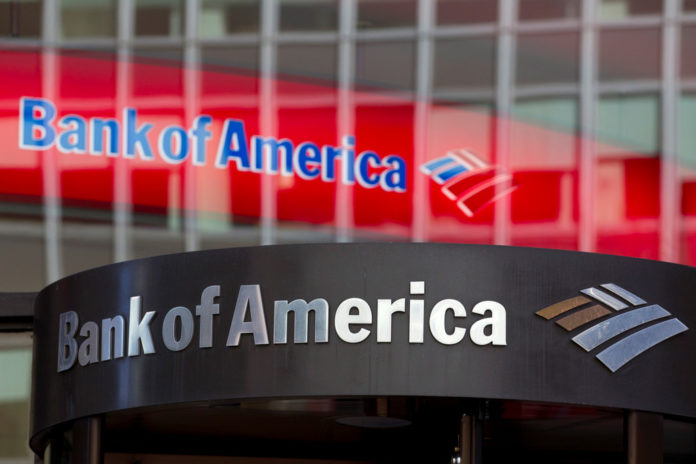
NEW YORK – Bank of America Corp. said former workers who alleged the firm awarded bonuses for sending homeowners into foreclosure misrepresented their roles and made “impossible” claims about the lender’s assistance program.
The ex-employees, whose sworn statements were filed last month in a lawsuit against the bank, had limited roles that didn’t allow them to understand the full scope of efforts to assist distressed borrowers, the Charlotte, N.C.-based company said today in documents in federal court in Boston.
The former employees’ “wild misrepresentations about their roles lead to impossible claims about what they did and saw,” Bank of America said. They “could not have witnessed what they claim to have witnessed because they were not in a position to do so and would not have witnessed such things in any event because Bank of America’s actual practices were diametrically opposite.”
Bank of America, the second-biggest U.S. lender by assets, is being sued by homeowners who claim the company didn’t comply with the government’s Home Affordable Modification Program. The borrowers said in court filings last month that the bank instructed employees to stall mortgage-modification applications, lie to customers and falsify documents.
Bank of America is seeking to block the plaintiffs’ efforts to proceed on behalf of a class of homeowners. The lender unsuccessfully tried to get the complaint dismissed in 2011. U.S. District Judge Rya Zobel scheduled an Aug. 1 hearing to consider the class-certification request.
Gift cards
Loan collectors were given $500 bonuses and gift cards to retailers including Target Corp. and Bed, Bath & Beyond Inc. for putting customers into foreclosure, one of the ex-employees said. In sworn statements filed today by the bank, supervisors of those workers said that they didn’t give incentives for improper behavior and that the bank made good-faith efforts to help distressed borrowers.
“I never provided incentives such as gift cards or cash to employees who declined or delayed HAMP applications,” said Andre Phelps, a senior consultant in the lender’s division managing troubled loans. “Nor am I aware of any other bank employee who provided gift cards or cash for doing so.”
Bank of America said six of the seven former workers were fired for inappropriate behavior. Some were call-center employees active in departments not directly related to HAMP, the firm said. Steve Goodman, a human resources executive at the bank, said in a filing that some of the workers had threatened colleagues or were released for poor performance.
Loan modifications
The bank also responded to claims that borrowers who qualified for HAMP were funneled into foreclosures or private modifications because those were more profitable. Some were offered modifications at a 5 percent interest rate, compared with 2 percent under the U.S. program, one ex-worker said.
“This claim is false not only because Bank of America had no such strategies or policies, but because” HAMP loans were often more profitable because of federal incentives, said David Steckel, a home-retention executive at the lender.
One former employee said the bank cleared its backlog of HAMP applications in a “blitz.” Applications were denied when financial documents were more than 60 days old even if the homeowner had provided all required documents and complied with terms of a trial modification, the ex-employee said.
Bank of America countered in its filing that blitzes occurred when bank employees worked overtime on nights and weekends to call homeowners and obtain documents needed to process their loan-modification requests.
“Blitzes were used to help approve applications, not deny them,” the bank said.
Steve Berman and Gary Klein, attorneys for the homeowners, didn’t immediately respond to e-mails seeking comment about the bank’s filing.
The case is In Re Bank of America Home Affordable Modification Program (HAMP) Contract Litigation, 10-md-02193, U.S. District Court, District of Massachusetts (Boston).











